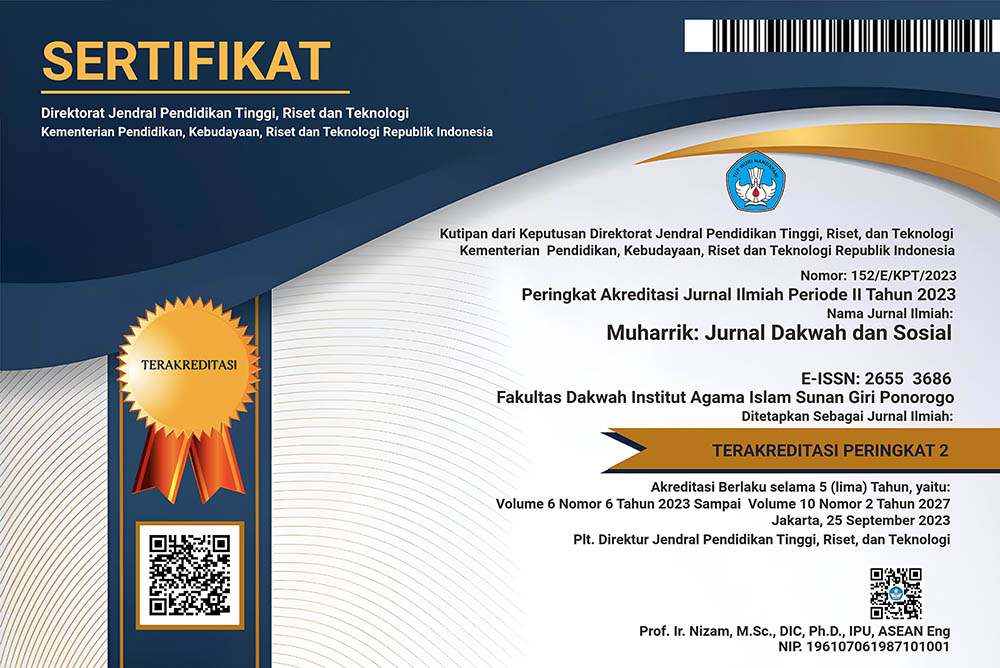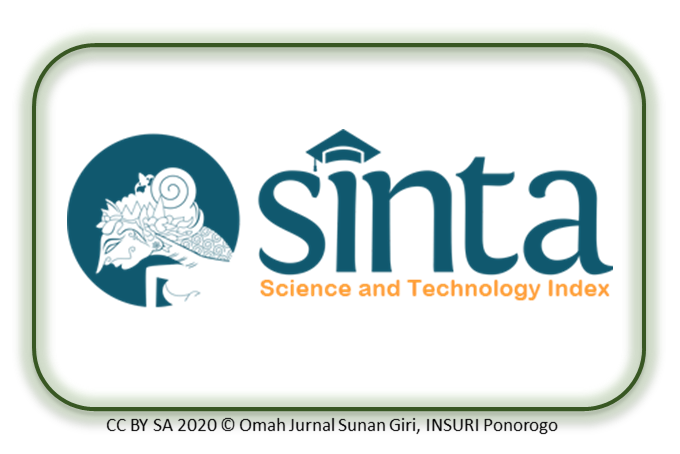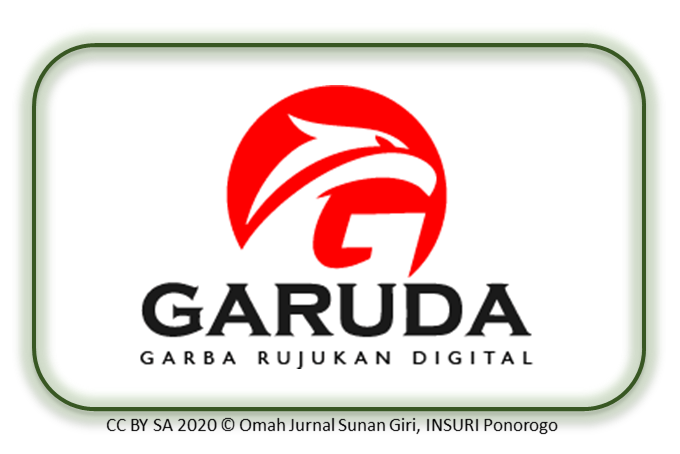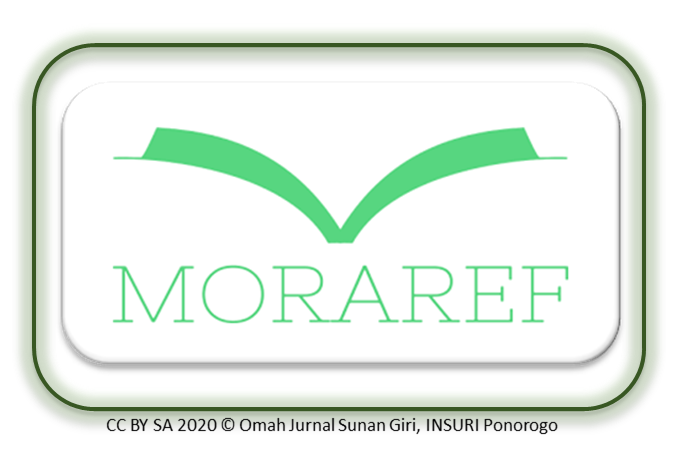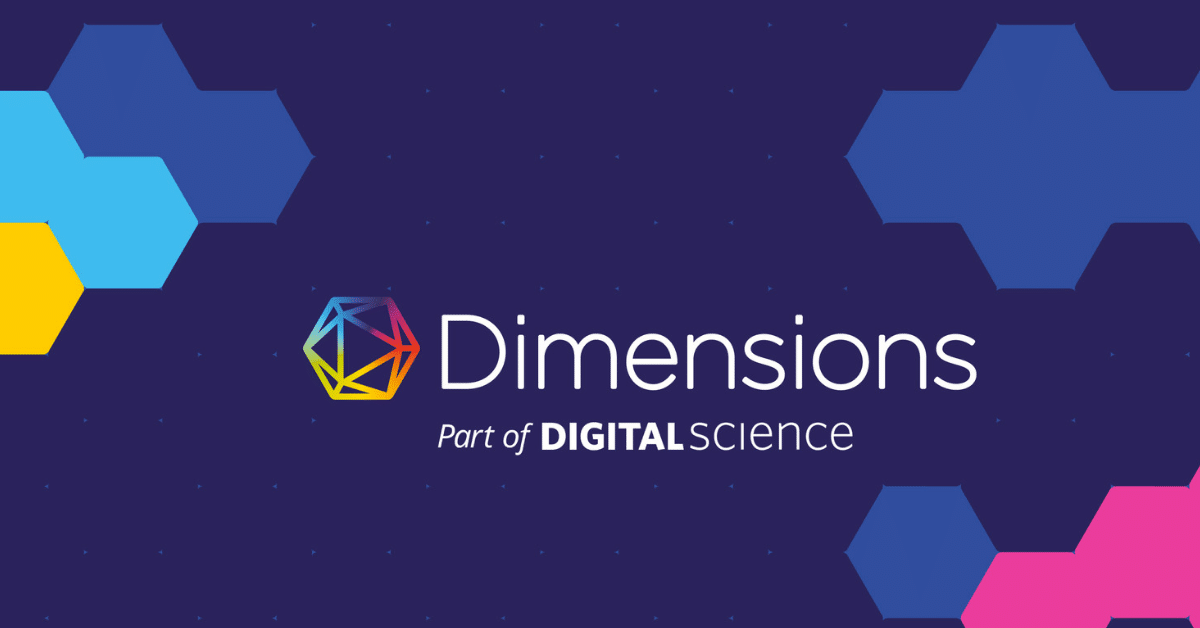Islam, Ideology and Political Practice: an Analysis of Nahdlatul Ulama's Involvement in Elections
Keywords:
Nahdlatul Ulama, Ideology, Political Practice, IslamAbstract
The fact that NU's involvement in politics is practically inevitable. For example, NU's involvement in political dynamics in the Mataraman Region of East Java, especially in the momentum of the 2020 regional elections. Political parties that drag Nahdlatul Ulama into practical political practices often 'disrupt' religious social work which is NU's vision. Also, differences in political preferences of the NU organizational elite often impact fragmentation within the NU itself. The background in this research is focused on the aim of revealing more deeply the relationship between the ideological goals and political practices of NU in the Mataraman region of East Java. This research includes qualitative field research using descriptive-analytical approach methods. The findings in this study show a fact about the relationship between NU's ideological goals and political practices in NU's involvement in the 2020 elections in Blitar and Pacitan regencies while still upholding ideological values, Khitthah NU 1926, and political guidelines for NU citizens, Where there is no biased practice in the practice of these values in the political dynamics of the 2020 election. In Ponorogo and Trenggalek regencies, there was a bias in the practice of the values of the 1926 NU Ideology and Khitthah, where the political dynamics of the election were colored by more real practical political practices and were driven by the individual interests of the NU elite and the primordial interests of each group which had an impact on institutional fragmentation.
Downloads
Published
Issue
Section
License
The author(s) retain/s the copyright and grant/s Muharrik: Jurnal Dakwah dan Sosial the first publication rights licensed under the Creative Commons Attribution-NonCommercial 4.0 International (CC BY-NC 4.0) , which allows others to access (search, read, download and quote), share (copy and redistribute the material in any media or format) and adapt (mix, modify and develop) works for legitimate non-commercial purposes, with recognition of the authorship of the work and its initial publication in this journal.


